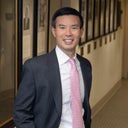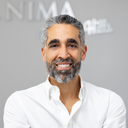Can I request that a fellow, medical student, or other individuals in training not be present during an operation?
It is to my understanding that individuals undergoing training will sometimes be present in the operating room and perform the plastic surgery while under the surgeon's supervision. If this request can be met, how can I be certain that my surgeon will not allow the mentioned individuals in the operating room? The procedure in particular that I am asking about is a primary rhinoplasty, but answers from a variety of plastic surgeons would be helpful.






